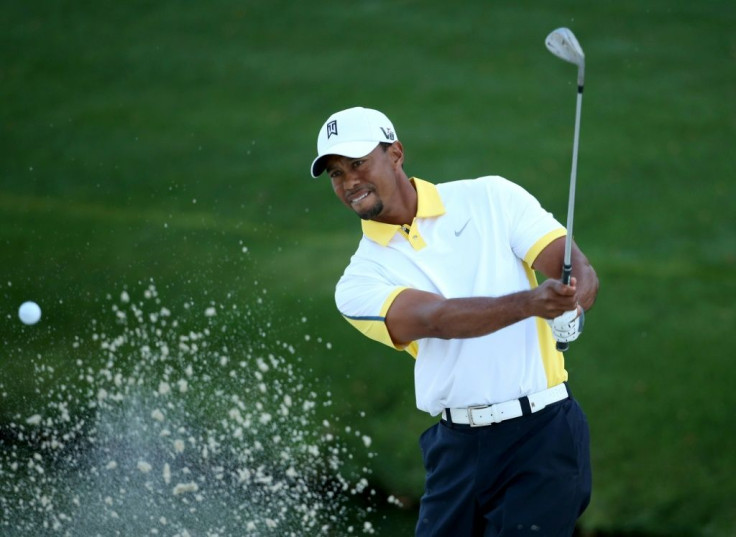Tiger Woods At 12 'Was Just Better' Than The Rest, PGA Tour Winner Says
KEY POINTS
- Jason Gore has played with Tiger Woods as a kid
- Gore said he knew Woods didn’t need to be “pushed” by his parents to compete at a young age
- The 15-time majors champion’s late father played a significant role in his career
A PGA Tour veteran has long been aware that Tiger Woods was destined for greatness.
Jason Gore was one of the few people in golf who witnessed how Woods carved his own path in the sport. As kids, Gore and Woods crossed paths a couple of times as they aspire to climb the ranks.
Recounting how the 15-time majors champion struck him back then, Gore said that at age 12, Woods didn’t need to be “pushed” by his parents and his character already suggested that he was “just better” than the rest of them.
“[Tiger was] 12 years old, he was really, really good,” Gore said in a recent interview with Golf.com. “You never really realized how good he was gonna be because you just figured he was gonna burn out. There were so many other players at the time who were pushed by their parents. But you’d never realize that he was self-motivated. He was just better. He’s still just better.”
“You just kind of knew it,” the Korn Ferry Tour all-time wins leader continued. “You knew that if you competed with him, and you somehow could maybe just beat him on a hole, you had something. He was just great.”
Tiger was introduced by his late father Earl Woods Sr. to golf at a very young age. In fact, Earl used to let a months-old Tiger watch him in a high chair in the garage as he hit a few golf balls into a net, Chicago Tribune reported.

What's even more interesting, Gore appears to be right about his impression of the now 82-time PGA Tour winner.
According to Earl, he used to motivate Tiger to keep on winning but for the most part, it was his son’s “desire to compete.”
"I was lucky," Earl wrote in his book “Training A Tiger,” as quoted by Golf Digest in 2008. "Tiger took to the game immediately. Much like me, he had an instant infatuation with it. And I always kept him wanting more."
"The saddest thing in competitive athletics, is to see an athlete competing because he or she is required to compete, not because they desire to compete," he pointed out.
Earl actively played a huge role in Tiger’s soaring career. Unfortunately, he died in 2006 after eight years of fighting cancer and other illnesses.
Despite being in mourning, Tiger didn’t lose his mojo. Instead, he seemingly managed to turn his laments to something positive, and went on to win 17 more tournaments, including 4 Majors since then.
© Copyright IBTimes 2025. All rights reserved.





















